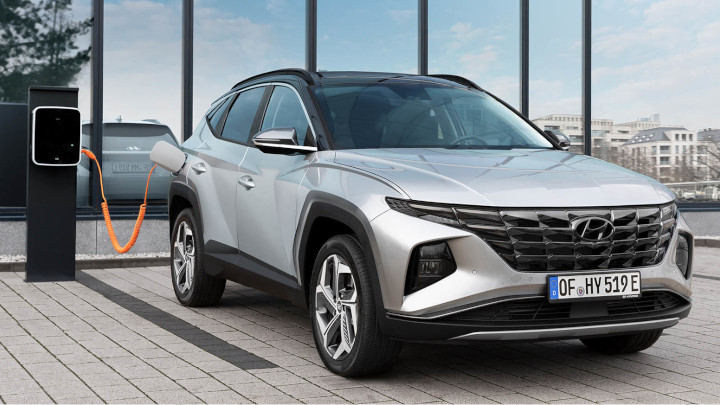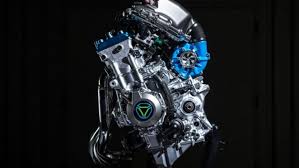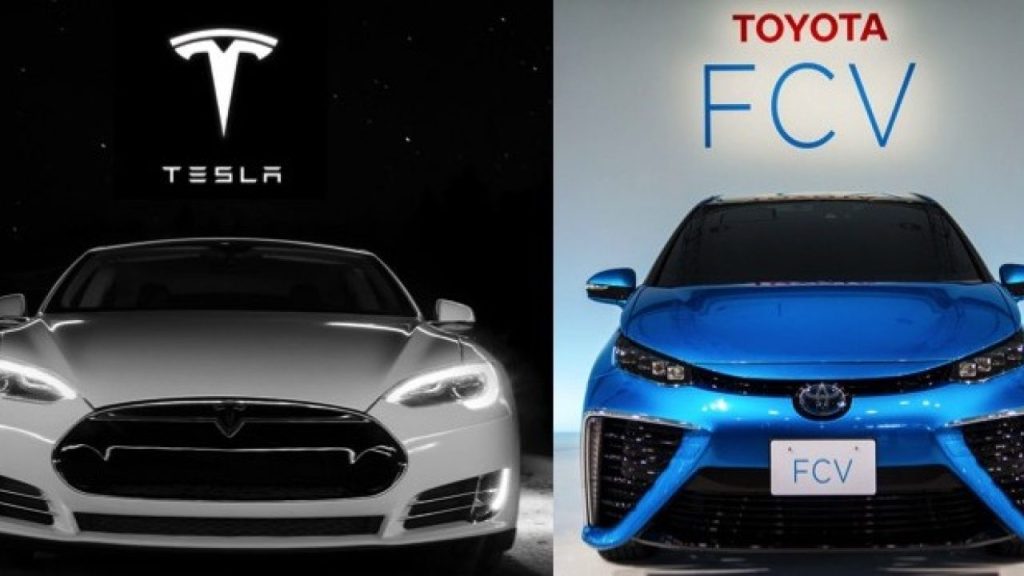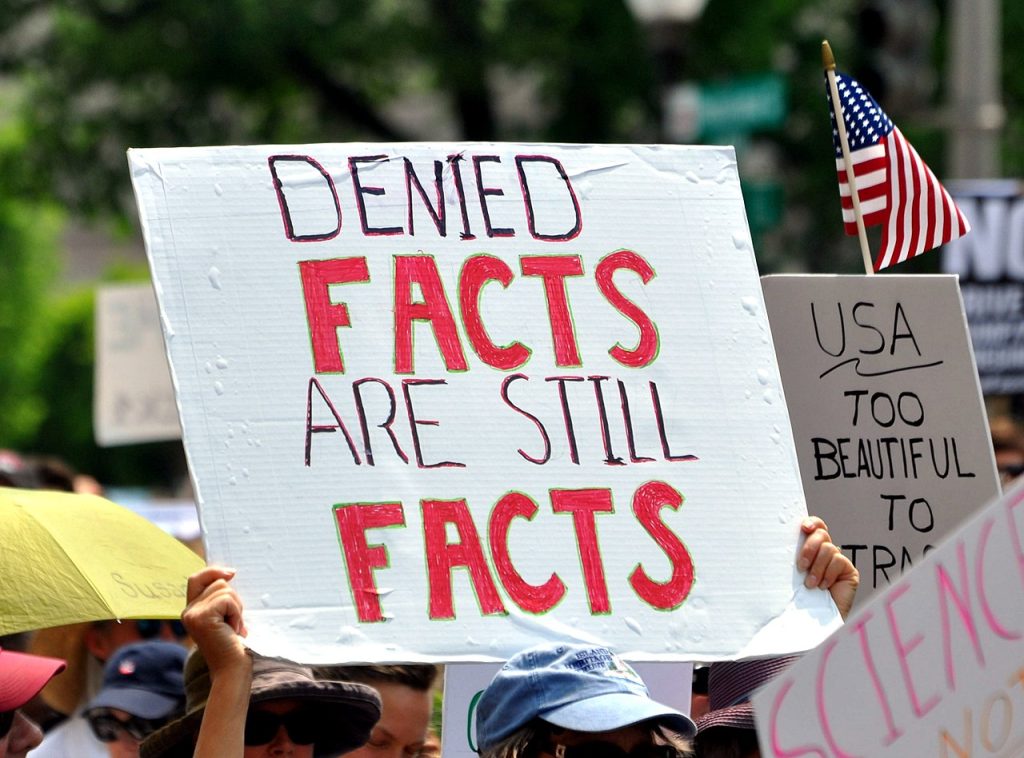This seems a very cheap and simple solution to roads, at least for primates. A standard motorway bridge in the UK can cost well over $1million (estimates suggest at least £890,000). This compares to a canopy bridge costing $5000 if even that much.
Each male Sumatran Orangutan needs 15 square miles, while females need at least 3 square miles. Therefore in order to have a significant population in an area of say 1000 individuals, you are talking about needing almost 10,000 square miles of rainforest that is connected. It is highly likely, in a 100 by 100 square mile block that there will be some roads crossing it. Therefore, these simple methods for connecting forest blocks could become more and more important.
It should be noted, that while this works for primates in areas like this, it will not help the Sumatran elephants, or rhino or tigers, which share some of these forests. Still, it might mean that larger bridges for other animals to cross could be less common, while still allowing primates to cross with ease?



















